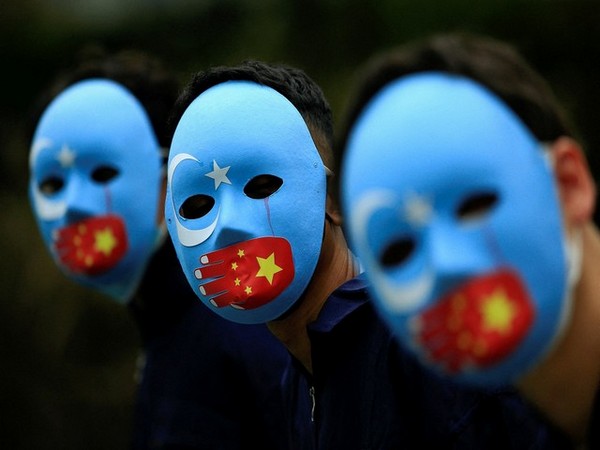The World Uyghur Congress (WUC) welcomed a recent call from the United Nations urging the Thai government to release 43 Uyghur refugees who have been arbitrarily detained for over a decade. In a statement released on Wednesday, the WUC expressed appreciation for the UN’s voice raised in support of the detained Uyghurs.
The UN letter, written in February 2023, urged Thai authorities to provide information on the prolonged detention of the Uyghur men, their access to medical care, and the detention conditions where they are being held. The letter also sought details on measures being taken to facilitate communication and visitation rights with families and legal representatives.
UN experts said that the detention conditions of the 43 Uyghur migrants may amount to cruel, inhuman, or degrading treatment or even torture, which has reportedly caused the deaths of five Uyghur migrant detainees, including two minors.
From Xinjiang to Thai Camps
The UN expressed “serious concern” regarding the forcible return of 109 Uyghurs in 2015 “without an assessment of their protection needs under international human rights and refugee laws.” They urged the Royal Thai government to safeguard the human rights of migrants, ensuring full adherence to the principle of non-refoulement.
Dolkun Isa, the president of the World Uyghur Congress, stated, “There needs to be an end to the indefinite and arbitrary detention of the Uyghur men in Thailand. They should not be detained for fleeing from a repressive environment out of fear of the genocidal policies in East Turkistan.”
The WUC press statement said that Uyghurs are increasingly recognized as a persecuted group in East Turkistan (Xinjiang), facing arbitrary detention, mass surveillance, separation of families, torture, forced labor, and other human rights atrocities. Those residing outside China continue to face state-led repression abroad, with Uyghurs living in third countries without firm settlement status being particularly vulnerable to detention and forced return.
China’s Abuses
Since March 2014, at least 43 Uyghur men have been held at the IDC Suan Phlu Immigration Detention Centre in Bangkok, Thailand, under inhumane and overcrowded conditions. They were part of a larger group of 350 Uyghur refugees who fled China in 2014, attempting to reach Turkey through Thailand to escape persecution in East Turkistan.
In July 2015, 173 Uyghur women and children were transferred to Turkey, while 109 men, women, and children were forcibly returned to China, where their current whereabouts are unknown. According to the WUC, since 2014, a reported number of five Uyghurs, including two children, have died within the Thai Immigration Centers due to catastrophic conditions.
The WUC urged the Thai authorities and Prime Minister Srettha Thavisin to immediately release the detained Uyghurs and to resolutely avoid refoulement, while enabling resettlement options as soon as possible.
Plight of Uyghurs
Meanwhile, a U.S. Labor Department official stated that international companies cannot responsibly operate in Xinjiang due to forced labor concerns and should leave the western Chinese region. The U.S. government says Chinese officials continue to commit genocide and crimes against humanity against Uyghurs and other Muslim minorities in Xinjiang, while rights groups have pressured Western companies there to audit their operations over forced labor concerns.
The suppression of Uyghur culture extends far beyond the internment camps. Authorities are limiting the use of the Uyghur language, censoring Uyghur history, prohibiting fasting during the Muslim holy month of Ramadan, demolishing mosques, restricting religious classes, and forbidding Islamic clothing and names.
The Chinese government has built a draconian surveillance apparatus in the Xinjiang region, implementing facial recognition systems, tracking technology, surveillance applications, and police checkpoints throughout cities. Despite citing the “three evils” of terrorism, separatism, and religious extremism to justify the internment of Uyghurs, however there is no evidence of widespread religious radicalism among the Uyghur population. In addition, mass sterilization and intrauterine contraceptive device implantation programs are employed to systematically reduce the Uyghur population to an insignificant minority.

